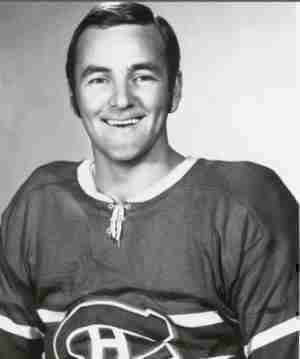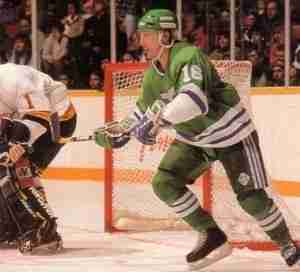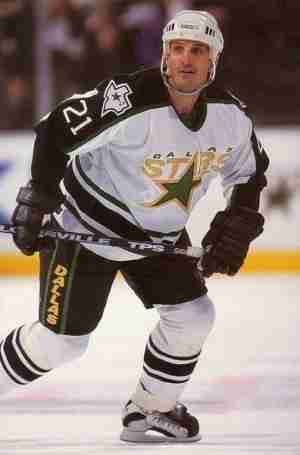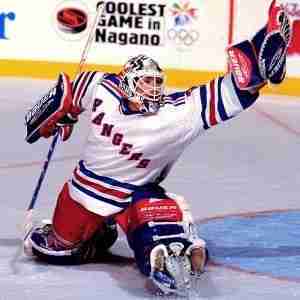Site Admin
17. J.C. Tremblay
A converted winger, J.C. Tremblay made the transition to defense look easy. As a converted forward, Tremblay understood the offensive aspects of the game and was a natural playmaker from the blue line. Tremblay’s last two years with the Habs saw him reach his best points totals, but it could be argued that his best years were out of the NHL. Tremblay joined the WHA’s Quebec Nordiques and was easily among the best defenders in the league. His WHA output was good and had he chose to stay in the NHL it could be debated that he might have had a potential induction by now.
53. Pat Verbeek
Although many people have laced up the skates for the New Jersey Devils, there were many who thought that Pat Verbeek may very well be one. Verbeek was a tough player who logged over 2,500 in penalty minutes and was as pesky a player as they came. Verbeek could put the puck in the net and scored 522 goals in his career. There are a few players on this list who cracked the 1,000 point mark, but pound for pound there were few on the level of Pat Verbeek.
29. Guy Carbonneau
Guy Carbonneau seems to have a career of “threes”. On three occasions, he won the Stanley Cup and three times he won the Frank J. Selke Award as the NHL’s best defensive forward. Unlike other centers on this list, Carbonneau was not known for putting the puck in the net. Sure, he netted 260 goals over his career and was more than capable offensively, but it was his defensive prowess that made him an essential player. Whomever his team was playing against, you could count on Carbonneau being on the ice against that team’s best player. Guy Carbonneau was not a star for hat tricks he scored; he was a star for the hat tricks he prevented.
10. Mike Richter
During the mid 90’s, few goaltenders approached the level of success that Mike Richter did. After a few years of struggles, Richter took over the net in New York and embarked on a magical three year period. In the 1993-94 season, he posted 42 wins (and 16 more in the playoffs) and backstopped his the Rangers to their first Stanley Cup in forty five years. Richter’s finest performance may have occurred two years later outside of the NHL when he stood on his head and stopped the Canadian juggernaut in leading the Americans to a World Cup of Hockey victory in 1996 where he was subsequently named the tournament MVP.





